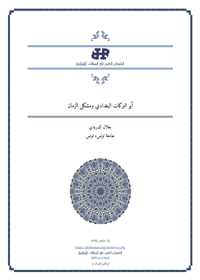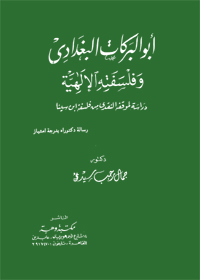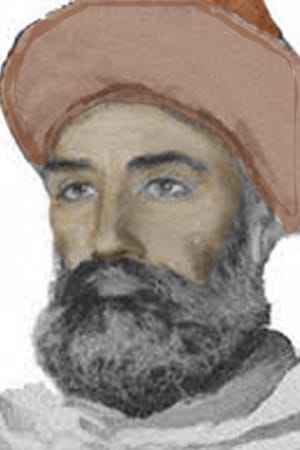Full Name: Abu’l-Barakāt Hibat Allah ibn Malkā al-Baghdādī .
Arabic: أبو البركات هبة الله بن ملكا البغدادي
Other Names: Baruch ben Malka, Nathanel.
Born: 1080 AD.
Died: 1164 AD.
Origin: Balad (near Mosul, present-day Iraq).
Famous for: Philosopher, Physician and Physicist.
Contributions:
He proposed an explanation of the acceleration of falling bodies by the accumulation of successive increments of power with successive increments of velocity.
Abu’l-Barakat also developed Philoponus’ theory of impetus, stating that the mover imparts a violent inclination (mayl qasri) on the moved and that this diminishes as the moving object distances itself from the mover.
Al-Baghdadi also suggested that motion is relative.
He redefined the concept of time as “the measure of being”, thus distinguishing between space and time, and reclassifying time as a metaphysical concept rather than a physical one.
Al-Baghdadi’s most significant departure in psychology concerns human self-awareness.
Articles
https://en.wikipedia.org/wiki/Abu%27l-Barak%C4%81t_al-Baghd%C4%81d%C4%AB
https://www.britannica.com/biography/Abul-Barakat-al-Baghdadi
https://www.iranicaonline.org/articles/abul-barakat-al-bagdadi-awhad-al-zaman-hebatallah-b
Books attributed to Abu’l-Barakāt al-Baghdādī
Showing all 3 resultsSorted by latest








